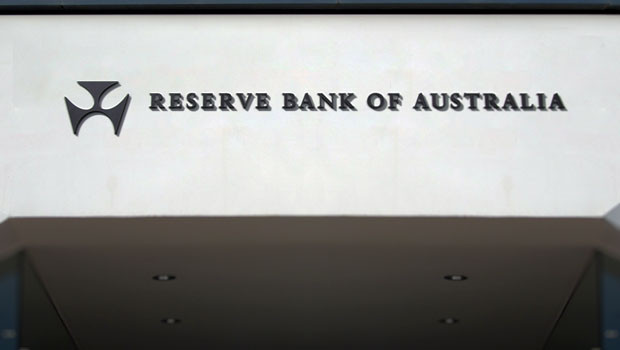Asia report: Stocks mixed as RBA stands pat on cash rate

Asia-Pacific markets presented a mixed bag of performances on Tuesday, as the Reserve Bank of Australia maintained its key interest rate at 4.1%.
“Asian markets traded with mixed results, mostly range bound amid the subdued activity in the US markets,” said TickMill Group market analyst Patrick Munnelly.
“The ASX 200 initially showed caution ahead of the Reserve Bank of Australia’s rate decision.
“Analysts saw the decision as a close call, but the central bank ultimately kept rates unchanged at 4.1%.”
That, Munnelly said, provided support to the ASX 200, although the Nikkei 225 underperformed, slipping below the 33,500 handle.
“Meanwhile, the Hang Seng and Shanghai Composite posted gains, albeit with limited upside due to trade frictions.
“China's announcement to ban exports of gallium and germanium-related products from 1 August, which are used in high-performance chips, added to the concerns.
“US Treasury Secretary [Janet] Yellen had a productive discussion with China's ambassador, addressing areas of concern and emphasising the importance of collaboration between the two countries.”
Equity markets end Tuesday in a mixed state
In Japan, markets closed in the red with the Nikkei 225 and Topix indices declining by 0.98% and 0.62% to end at 33,422.52 and 2,306.37 points, respectively.
Pharmaceuticals company Daiichi Sankyo suffered a significant blow on Tokyo’s benchmark, with its shares plummeting by 14.81%.
Additionally, Nisshin Seifun Group and Astellas Pharma also witnessed drops of 3.76% and 2.84% respectively.
Conversely, China's markets saw modest gains, with the Shanghai Composite increasing 0.04% to 3,245.35, while the Shenzhen Component edged up 0.35% to 11,130.30.
The day’s winners in Shanghai were Changchun Faway Auto and Fuda Alloy, both of which surged by over 10%.
Hong Kong’s Hang Seng Index ended the day on a positive note, gaining 0.57% to reach 19,415.68.
Hansoh Pharmaceutical Group, Orient Overseas, and JD Health posted strong performances, with increases of 6.64%, 3.87%, and 3.86% respectively.
South Korea's Kospi finished down 0.35% at 2,593.31, with Krafton and SD Biosensor among the biggest losers, as their shares declined by 5.91% and 5.19%, respectively.
Australian shares closed higher, with the S&P/ASX 200 adding 0.45% to finish at 7,279.00.
The biggest gainers in Sydney included GQG Partners and Paladin Energy, which rose by 8.54% and 4.73% respectively.
Similarly, New Zealand's S&P/NZX 50 also ended the day higher, gaining 0.53% to close at 11,980.33.
Eroad and Precinct Properties showed notable upticks, with each rising by over 3%.
On the currency front, the yen was last 0.18% stronger on the dollar at JPY 144.42, while the down under dollars advanced 0.02% and 0.25% on the greenback to change hands at AUD 1.4984 and NZD 1.6162, respectively.
Energy markets meanwhile saw both Brent crude and West Texas Intermediate futures in positive territory, with the former up 0.68% on ICE at $75.16 per barrel, and the latter increasing 0.8% on NYMEX to reach $70.35.
Australian central bank keeps rates steady, South Korean inflation eases
On the economic front, the Reserve Bank of Australia (RBA) held its official cash rate at 4.1%, defying predictions from a segment of experts who anticipated a 25 basis-point hike.
The closely-watched decision was met with positive market reactions as the RBA signalled that inflation in the Australian economy had, in its opinion, peaked.
A survey by Reuters before the announcement indicated an even split amongst economists, with half of the 31 respondents forecasting an increase, while the rest predicted the rate would hold.
“While inflation remains elevated, it has crossed its zenith,” said the central bank’s governor Philip Lowe.
He further suggested that monetary tightening could still be necessary for inflation to return to target within a satisfactory period, depending on economic and inflationary trends.
“Inflation is still too high and will persist in that state for a while yet,” he added.
Elsewhere, South Korea reported a continuing decline in inflation, marking the fifth consecutive month of slowing growth.
The country’s inflation rate for June stood at 2.7%, the lowest since October 2021, and underperforming the 2.85% forecast by economists in a Reuters poll.
It also represented a drop from the 3.3% inflation rate recorded in May.
Reporting by Josh White for Sharecast.com.